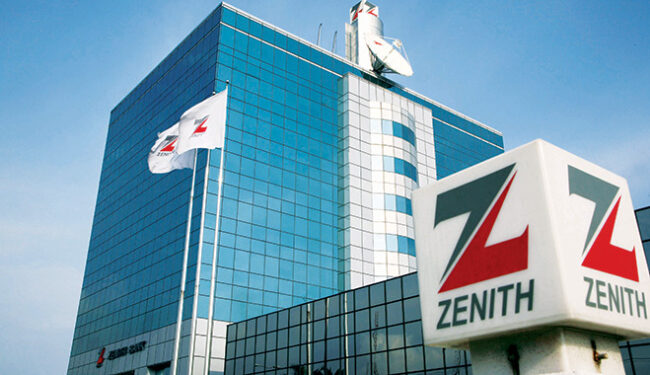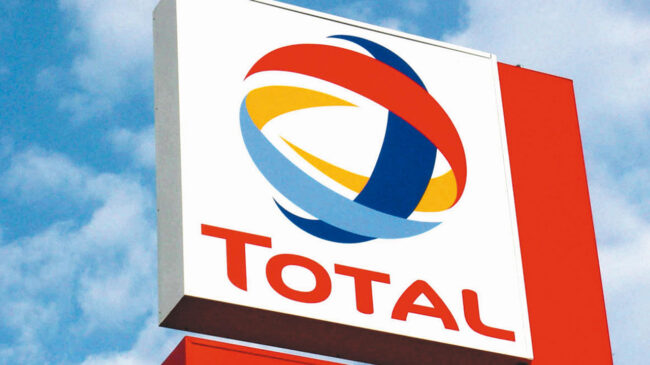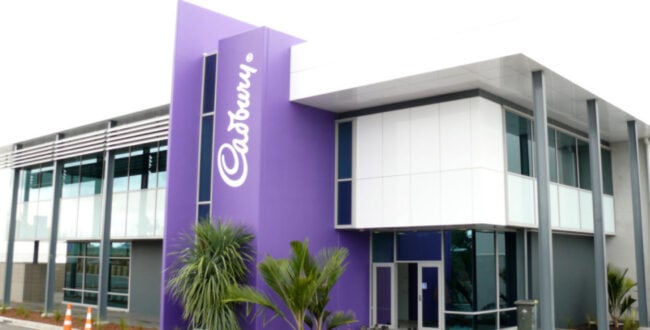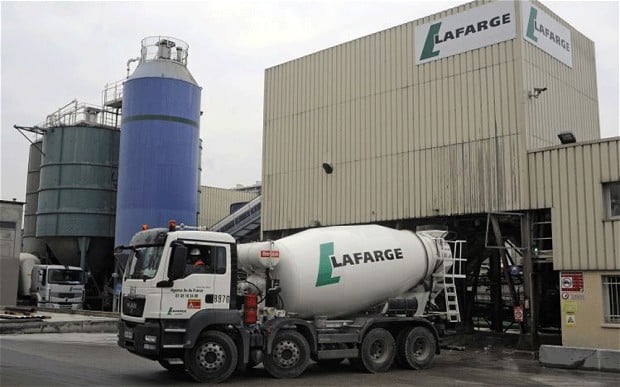Our half year analysis on Zenith Bank Plc envisioned that in the event of the bank taking over the lead on the size of the balance sheet, it will add asset size to its long held industry ruling by profit volume — this has happened.
The bank topped its asset base by N393 billion in the third quarter to close the nine months of the 2020 financial year with nearly N8 trillion in assets — the largest bank balance sheet in Nigeria.
This represents an increase of about N1.6 trillion or 27 percent over the closing asset base of N6.3 trillion in 2019. This is the most rapid asset expansion that Zenith Bank has registered in a decade. It is four times the increase of 6.6 percent in asset base the bank recorded in all of last year.
Zenith Bank’s management sustained the build-up of earning assets in the third quarter with cash and bank balances leading the asset growth at an increase of 92 percent over the nine-month period to N1.8 trillion. Investment portfolio followed with a leap of 54 percent to N910 billion over the same period.
Advertisement
Loans and advances, the principal earning assets, remained on the high growth lane for the second year. Net customer lending portfolio swelled by more than N405 billion or over 17 percent to N2.7 trillion at the end of the third quarter. Adding lending to other banks of N810 billion, Zenith Bank closed the third quarter of the year with a net credit volume in the region of N3.5 trillion.
The bank’s asset expansion is financed by equal rapid increases on the liabilities side of the balance sheet. Customer deposits grew by N962 billion or over 22 percent from the closing figure in 2019 to N5.2 trillion at the end of September 2020. Other liabilities rose by 89 percent to over N687 billion and borrowings expanded by more than 80 percent to N563 billion over the period.
The bank’s management continued to face the challenge of rising loan default risk with loan impairment expenses growing by 37 percent year-on-year to over N25 billion at the end of September. The figure is already ahead of the N24 billion loan impairment losses incurred in the entire 2019 financial year.
Advertisement
A strong growth of 30 percent in credit loss expenses was recorded in 2019, which is accelerating this year. This is against weak revenue growth so far this year, which has undermined profit improvement.
The challenge of inability of the growing assets to quicken earnings has remained. The improvements in assets are swelling credit losses rather than build revenue and profit. Interest earnings went down slightly instead to close at about N319 billion at the end of the third quarter, which is an indication of a significant drop in the average yield of earning assets.
The second main income line of the bank – fees and commissions also dropped by roughly 20 percent at the end of the third to close at N59 billion. Strong growth in trading and other incomes however provided the stabilising impacts on gross earnings during the review period.
Trading gains grew by 34 percent year-on-year to nearly N90 billion while other operating income rose by 53 percent to N24.5 billion over the same period. The two revenue growth drivers moderated the poor performances of interest and fee incomes and accounted for a moderate improvement in gross earnings at the end of the third quarter.
Advertisement
Gross earnings amounted to N509 billion for Zenith Bank at the end of the third quarter, which is an increase of 3.6 percent year-on-year. Revenue growth is slowing down this year from 7 percent increase to N662 billion in 2019.
Interest expenses continued to provide a big cost saving centre for the bank with a drop of 13 percent to about N94 billion at the end of the third quarter. This enabled an increase of 5 percent in net interest income to N225 billion at the end of the third quarter.
The cost saving from cost of funds and some tax saving provided the strength to improve the bottom line. Tax expenses went down by N7.5 billion year-on-year to almost N18 billion at the end of September.
Zenith Bank posted an after tax profit of over N159 billion at the end of the third quarter, a year-on-year increase of less than 6 percent. The bank is seeing further slowdown in profit for the third straight year and the lowest margin of profit improvement in several years looks likely in 2020.
Advertisement
The strength of the bank this year is found in the ability of its management to navigate through earnings volatility and high loan default risk to keep profit improving. This means growing wealth for shareholders even in a bad earning season.
The bank earned N5.07 per share at the end of the third quarter compared to N4.80 per share in the same period last year.
Advertisement
Add a comment







